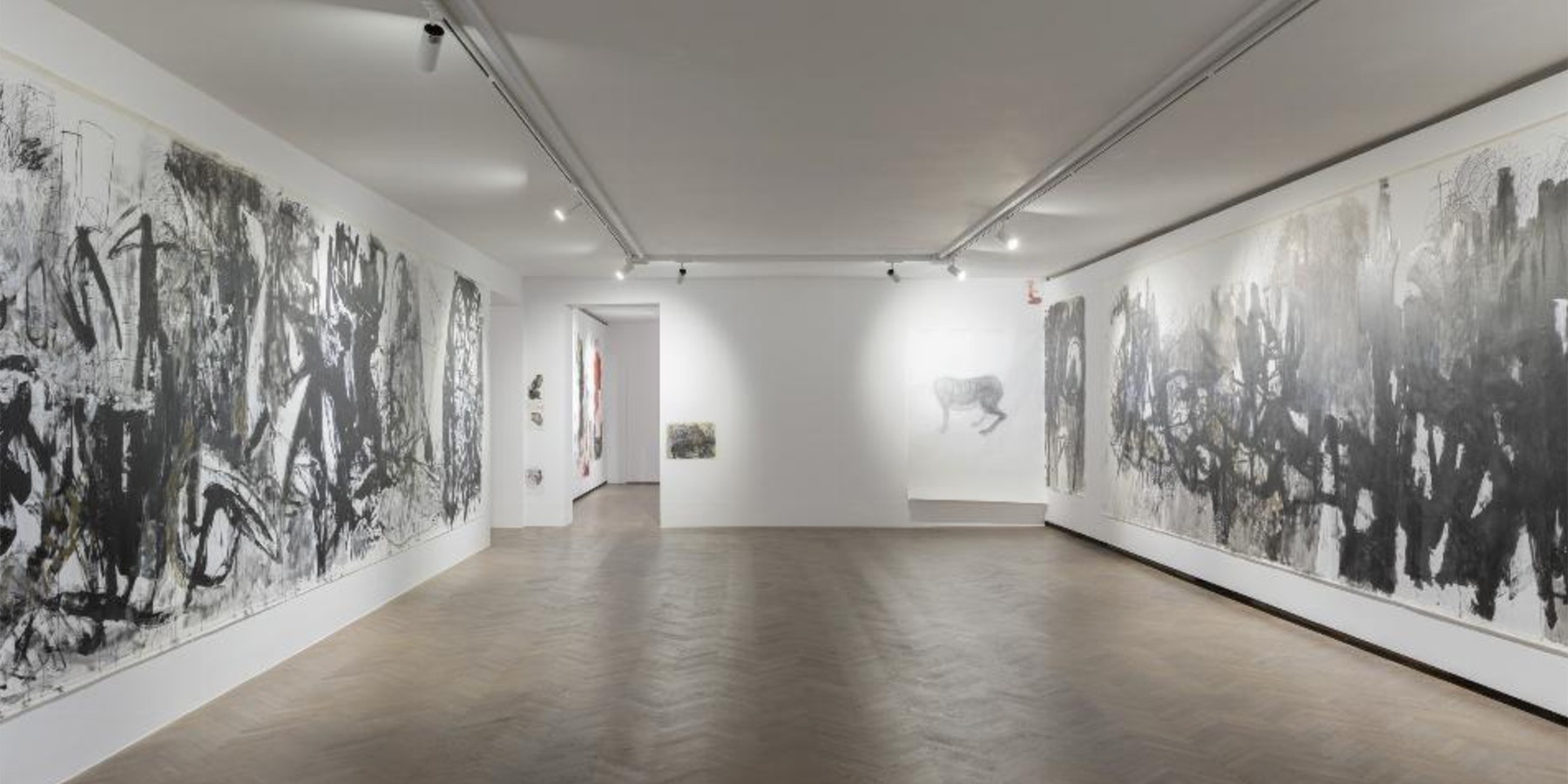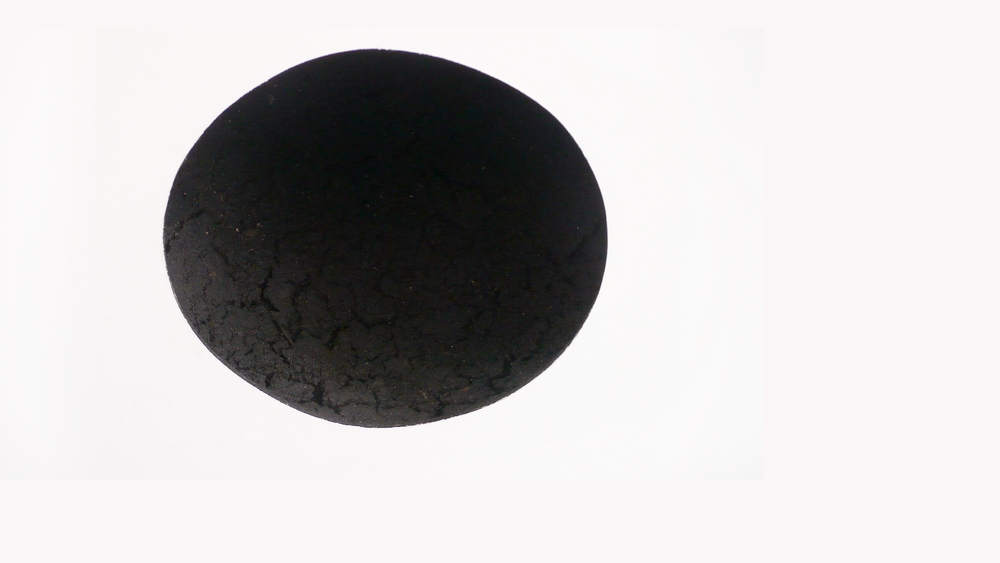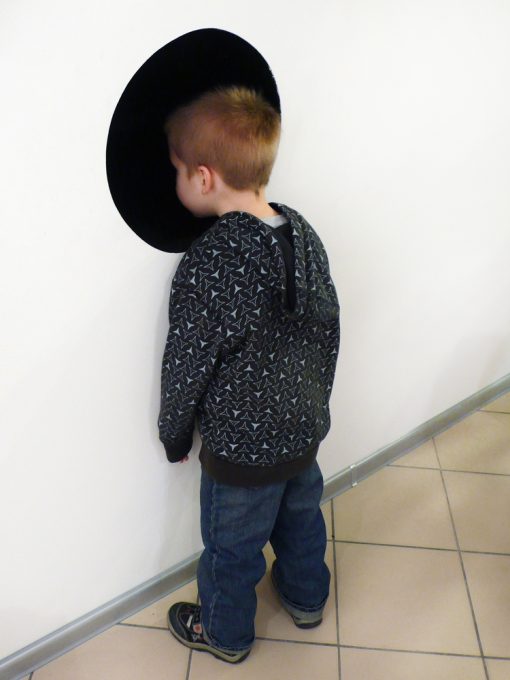MAŁGORZATA NIEDZIELKO – Multiplication of Doubts
The general rule is to cover the seeds with a layer slightly thicker than themselves. Smaller seeds remain uncovered and it is enough to press them into the ground. If the seeds are covered by too thick a layer […]and they lie too deep, the sprouts die before they reach the surface of the ground. When the cover is too shallow, the sprouts will dry out and die out, too.*
Małgorzata Niedzielko makes use of a uniquely archetypical metaphor of the garden, whose traditional cultural symbolism harks back to myths. In the context of Christian beliefs the garden is associated with Eden, the first people, emotions, feelings, sensitivity as well as fauna, i.e. divine creation endowed with harmony and perfection. The Garden of Eden is a space that gives rise to colour, smell, sense of space, and shapes of objects, i.e. those elements which are instrumental for the creation of art in the later stages of the development of the human mind.
In the discourse of art history the garden is an equally frequent motif. The best known example of this kind is Hieronymus Bosch’s masterpiece The Garden of Earthly Delights. What the painted image of the garden and mythological poetics have in common is the depiction of the world as ideal, harmonious and enriched with erotic innuendo. Małgorzata Niedzielko’s garden is neither harmonious nor perfect. It does not provoke an ecstasy of bliss but instead provokes the multiplication of doubts referred to in the title of this text. This garden is not used for cultivating but rather for constructing or moulding the human being, as among the typical garden tools we will find here a “cat o’ nine tails”, or a whip of leather strips. The metaphors applied by the artist demonstrate a duality between the natural and the artificial, arbitrary and thus cultural. The cultivation of a garden can be likened to the cultivation of man. This idea was espoused by Cicero, whom the anthropologists regard as the pioneer of the definition of culture as the cultivation of the human spirit. At present the cultivation is effected by the mediated television images and concerns mainly states of the mind. In Małgorzata Niedzielko’s work we deal with the cultivation of the spirit in a more traditional manner, for instance by means of a whip.
In Małgorzata Niedzielko’s oeuvre the garden has a double significance as both a cultural myth rooted in traditionalist thought and as a system of control, or the “cultivation” of the human being. We will encounter here irony rather than colourful flowers. This irony is targeted at the community of persons the artist is well familiar with, which adds to the intriguing nature of the exhibition. Rare are examples in contemporary art where an exhibition may be read through the context of the artist’s perception of his or her immediate environment. Emotions are expressed and enclosed within a work of art, a vehicle of memory and self-reflection. The multiplication of doubts at Arsenał Gallery is founded on a personal and emotional perception of reality, where the artist seems to be paraphrasing Hieronymus Bosch, showing “a garden of earthly non-delights”.
Sebastian Kochaniec
translated from the Polish by Marcin Turski
* W. Kawollek, M. Kawollek, Alles über Pflanzenvermehrung, Stuttgart 2008.
Curator: Monika SzewczykMałgorzata Niedzielko

PLAN YOUR VISIT
Opening times:
Thuesday – Sunday
10:00-18:00
Last admission
to exhibition is at:
17.30

